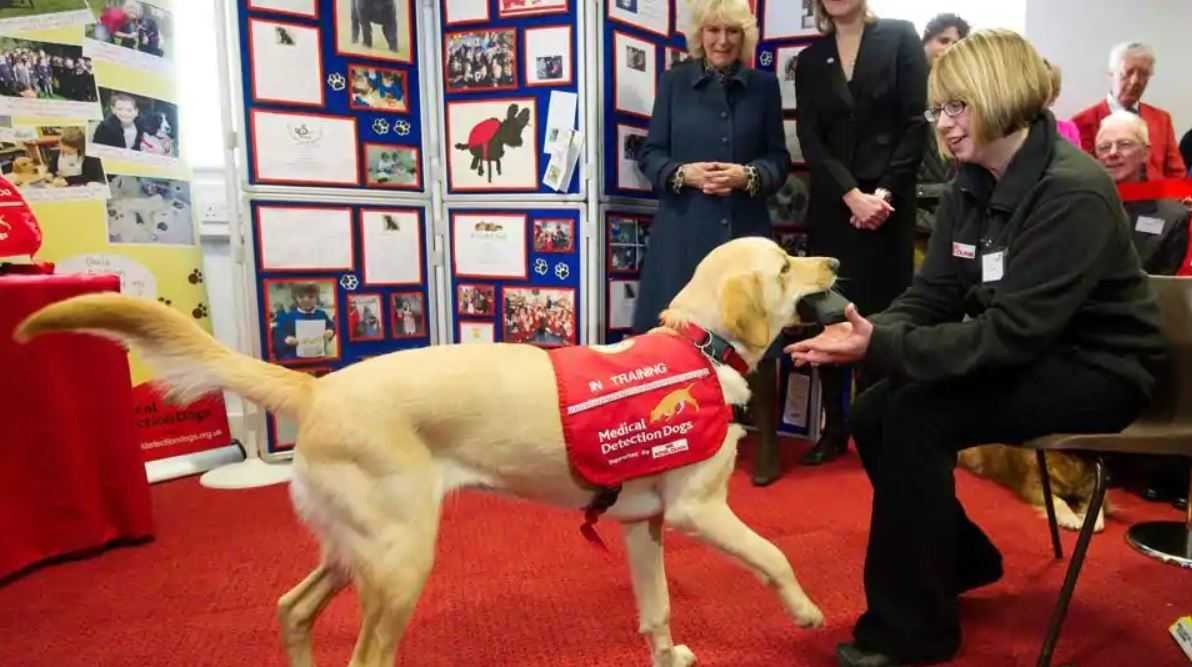All those dystopian films based on the theme of infection, zombie attacks, and worldwide pandemic seem to have become a reality in the last couple of moth since CoronaVirus invaded our life.
With lockdown imposed in over 50 nations, each day seems like a battle in itself. Researchers and scientists are struggling 24 hrs of the day without rest, trying to stop this highly infectious condition.

Some results are good and some not so. Amidst all this chaos and fear, the London School of Hygiene and Tropical Medicine in collaboration with Durham University are trying a different approach to detect the issue. We all know that the COVID19 test takes up to a few hrs to show results.
Additionally, the huge bulk of crowd pouring in every few seconds is a massive load for the laboratories to handle at a faster pace. The researchers in both the facilities have been struggling for weeks together battling the extensive load of test samples arriving each day.
There are numerous stories of Assitance dogs having saved lives of people minutes before disaster could strike simply based on their precision and extremely powerful sniffing capacity. Putting this special trait into use, the University of Durham and London School of Tropical medicine decided to put up a collaborative effort with Medical Detection Dogs Team and see if sniffing out Covid19 is a viable option.

Dogs have always been known for their extremely keen sense of smell. For ages, they have been especially used to sniff out innumerable kinds of substances. In recent times, dogs also should signs that they could detect medical conditions like carcinoma, Parkinsonian Disease, diabetes and much more.
Previously these sniffer dogs were successful in detecting Malaria due to a specific odor exclusively detectable by a dog’s sense of smell. The dogs are being observed and trained in the facility to detect specific COVID 19 related scents.
Since canines are safe from the specific virulent trait of COVID 19, using them in a facility that deals with the highly contagious virus are absolutely safe for them. If the experiment is a success, the time span spent on testing CoronaVirus could reduce drastically to a mere few seconds instead of hours and days.

